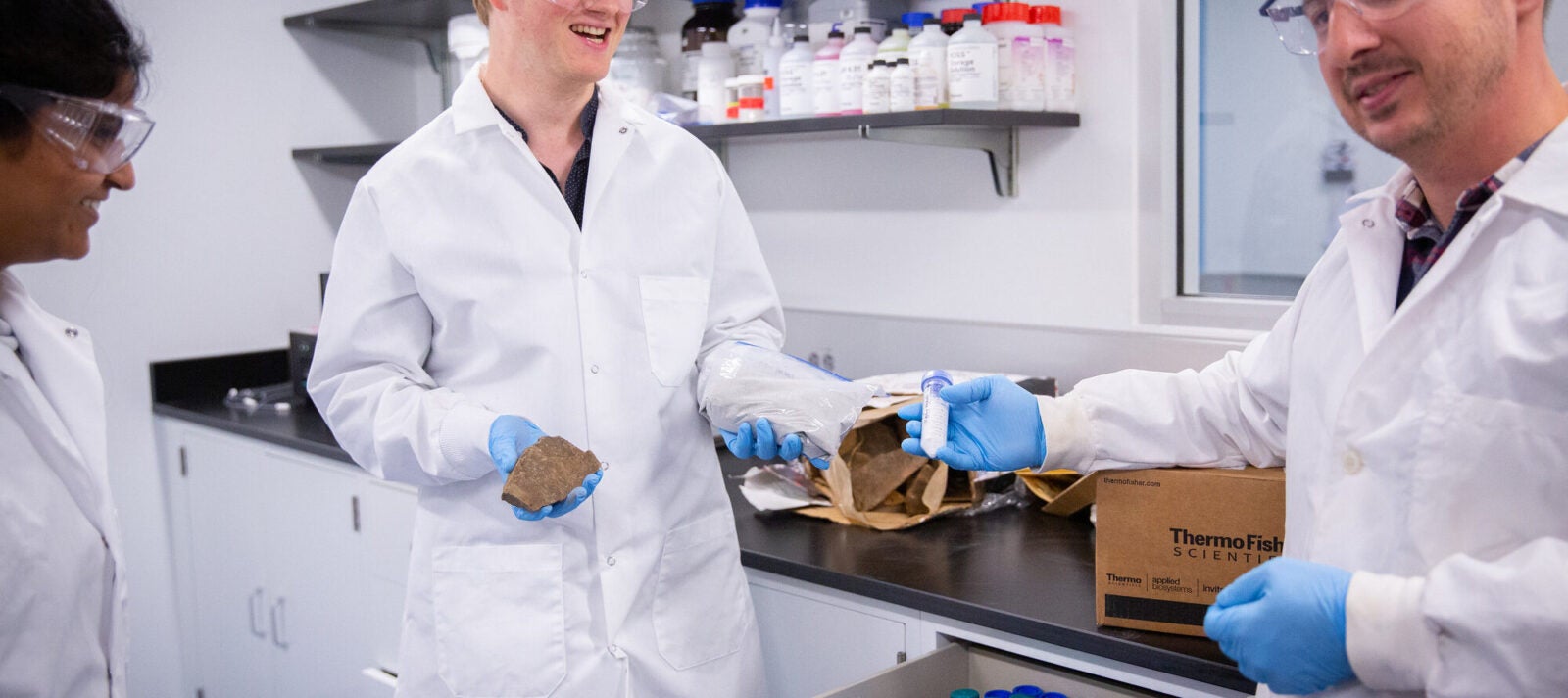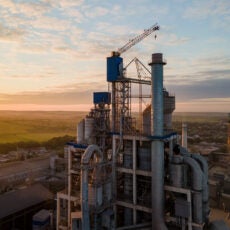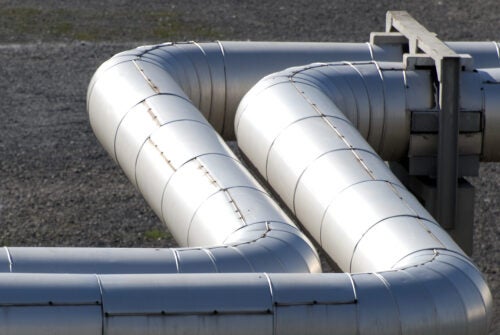Greenhouse Gas Removal

Achieving net zero annual greenhouse gas emissions by mid-century requires three types of action: increased energy efficiency, deep decarbonization, and carbon dioxide removal (CDR)—for counterbalancing the truly hard-to-decarbonize sectors. With insufficient action across the globe, the expected role played by CDR continues to grow.
Moral hazard and divergent risk assessment are present in CDR deployment, but current debates are often clouded by confusion and distrust. The Kleinman Center’s integrated research core is uniquely situated to cut through the clouds, with our focus on technology performance and impacts, policy mechanisms to implement standards, and legal frameworks to legitimize CDR and enforce the terms of its social license.
Faculty Leadership
Jennifer Wilcox
Presidential Distinguished ProfessorJen Wilcox is Presidential Distinguished Professor of Chemical Engineering and Energy Policy. She previously served as Principal Deputy Assistant Secretary for the Office of Fossil Energy and Carbon Management at the Department of Energy.
Clean Energy Conversions Lab
The CECL focuses on carbon management. Their research can be divided into three enormous problems: How can we limit the atmospheric accumulation of carbon dioxide? What can we do with the carbon dioxide once it’s captured? And will it scale?
Learn More
Recent Work
Elevating Carbon Management: A Policy Decision-Making Framework and Rubric for the 21st Century
The digest outlines a 10-point policy framework to guide effective carbon management, emphasizing clear economic incentives, environmental safeguards, community engagement, and fossil fuel decoupling, using U.S. policy examples from 2025.
Advancing the Social License for Carbon Management in Achieving Net-Zero GHG Emissions
Carbon management is a fast and growing, yet polarizing topic. Instead of "yes vs. no," we suggest the more useful framing of "under what conditions?" This policy digest examines the history of carbon management in U.S. policy and proposes that the establishment of a compelling social license takes a more central position in net-zero governance.





